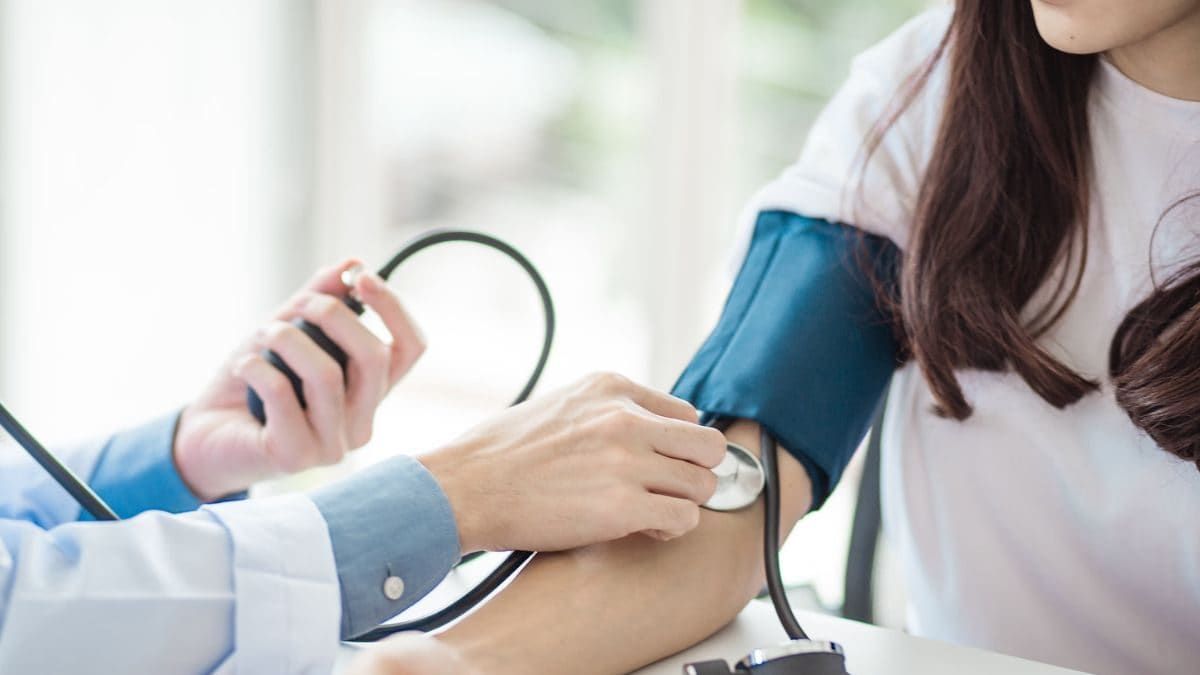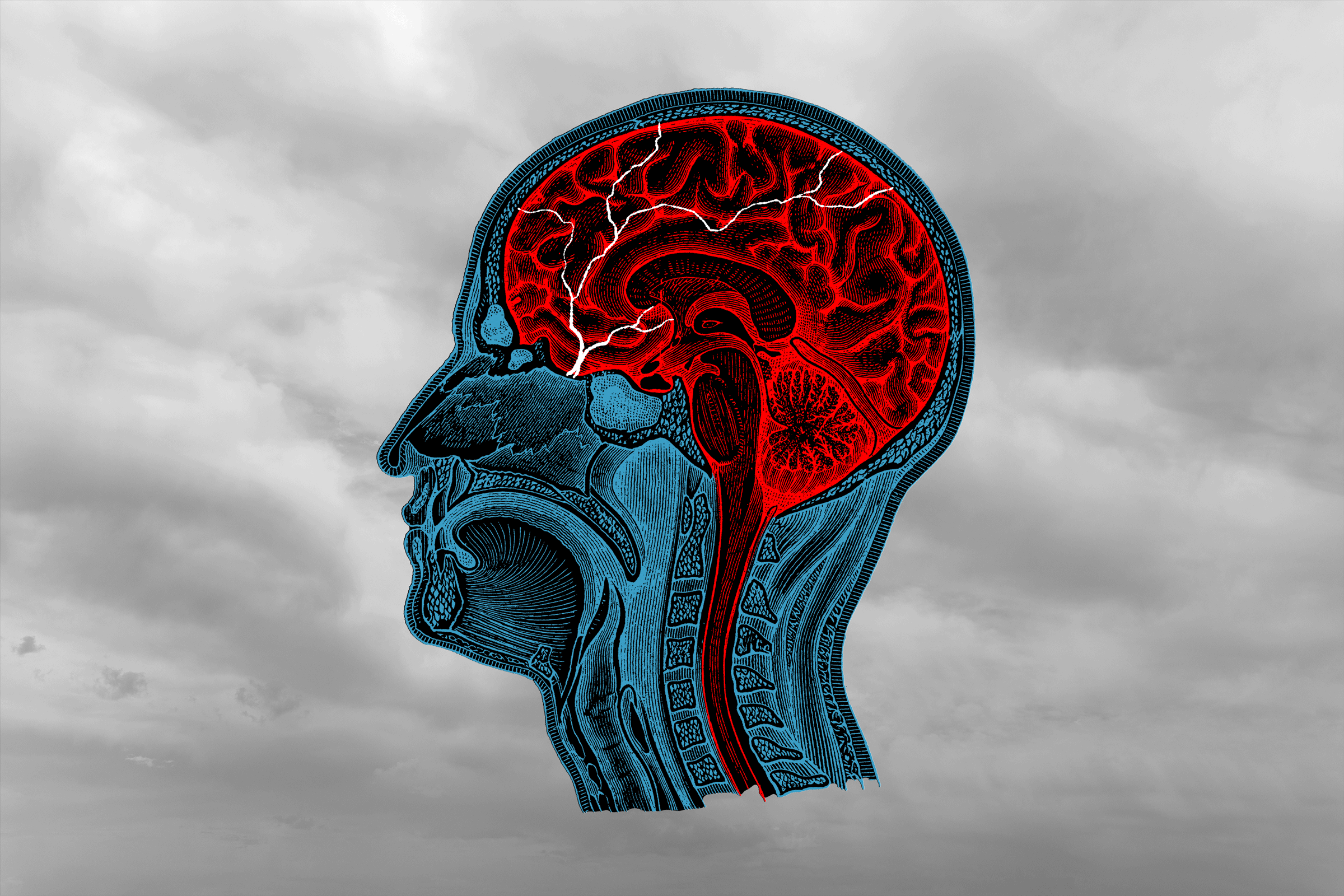Lifestyle adjustments, such as modifying diet, increasing physical activity, and managing stress, can reduce the risk of hypertension and improve cardiovascular health.
Dr Vinay Kumar Bahl, Director, Ramaiah Institute of Cardiac Sciences at Ramaiah Memorial Hospital, Bengaluru, shares five lifestyle changes to help reduce blood pressure.
Hypertension is a major medical condition that increases the risk of developing heart, brain, kidney, and other vascular diseases. It is one of the main causes of mortality worldwide and affects up to one in four men and one in five women, that is, more than one billion people. Genetics plays a role, however, lifestyle changes drastically influence blood pressure levels.
Simple lifestyle changes that can help reduce the risk of hypertension:
- Balance dietAdopting a diet rich in fruits, vegetables, whole grains, and lean proteins, such as the DASH diet, can help lower blood pressure. Studies show that following the DASH diet, which emphasizes fruits, vegetables, and low-fat dairy while limiting sodium to 1,500 mg/day, leads to a reduction in blood pressure. It is recommended to reduce the consumption of processed foods high in sodium and include potassium-rich foods such as bananas, spinach and sweet potatoes in your meals.
- Healthy weightLosing extra pounds can help lower blood pressure. Generally, waist circumference, that is, abdominal obesity, is closely related to hypertension. For women, a waist measurement greater than 32 inches is considered tall. For men, in Indians it is greater than 38 inches. Losing between 5% and 10% of body weight can significantly reduce blood pressure.
- Regular exerciseExercise helps lower blood pressure and lose weight. Exercises such as aerobics, brisk walking, swimming, cycling or dancing will help reduce stress and improve blood circulation. Studies recommend at least 150 minutes per week of rigorous training.
- alcohol consumptionExcess alcohol causes alterations in blood pressure regulation mechanisms and damages the heart and blood vessels over time. Limit alcohol consumption to no more than one drink per day for women and two drinks per day for men to reduce the risk of hypertension.
- StressChronic stress can contribute to hypertension by activating the body's “fight or flight” response, causing elevated blood pressure levels. To relieve stress, include relaxation practices in your regular routine, such as deep breathing exercises, meditation, or yoga.
Lifestyle adjustments, such as modifying diet, increasing physical activity, and managing stress, can reduce the risk of hypertension and improve cardiovascular health. Hypertension is a 'SILENT KILLER'. Do not wait until the kidneys, brain, and heart are affected and symptoms develop. Seek advice from a doctor to actively detect and effectively control hypertension.












